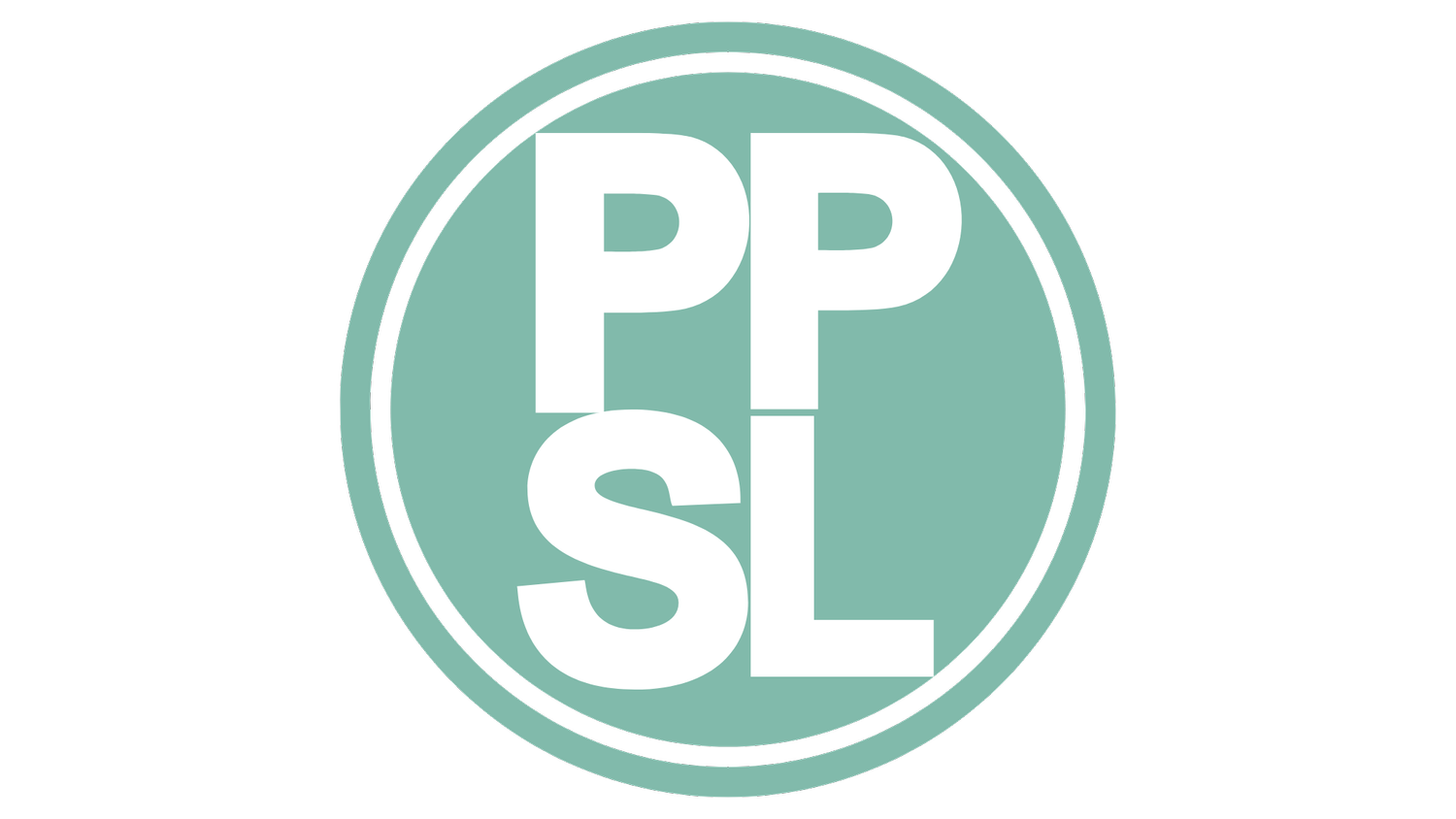Statement: Project on Predatory Student Lending Welcomes New Director of Litigation
Attorney Noah Zinner will lead PPSL’s expert legal team
BOSTON – The Project on Predatory Student Lending (PPSL), the leading nonprofit legal organization representing borrowers defrauded by predatory colleges, announced that Noah Zinner has joined the team this month as PPSL’s Director of Litigation. In this executive team role, Zinner will oversee PPSL’s overall legal strategy and team of attorneys.
An experienced litigator with a track record of success in consumer protection law, Zinner previously served as Regional Managing Attorney at Bay Area Legal Aid in Oakland, CA, and Senior/Managing Attorney at Housing and Economic Rights Advocates (HERA).
Through strategic litigation, PPSL has won landmark cases to protect borrower rights, recover money owed, and cancel fraudulent debt, with more than one million clients and $16 billion dollars in cancelled student loan debt.
“As the impact of PPSL’s litigation work continues to evolve, Noah will be a significant asset to our team of outstanding attorneys and our mission to end predatory practices in higher education,” said Eileen Connor, President and Director of PPSL. “PPSL has demonstrated how strategic litigation can make a transformational impact on the lives of millions of defrauded borrowers. Our litigation is essential to holding the higher education system accountable to the law, and we welcome Noah’s leadership to strengthen our ability to deliver results for our clients.”
“PPSL’s reputation for fearless, high-impact litigation is unmatched and I am delighted to join this team of powerhouse attorneys who take big swings and deliver even bigger results,” said Noah Zinner, Director of Litigation at PPSL. “The predatory practices that pervade higher education have a real and devastating impact on people’s lives and I share PPSL’s commitment to exposing wrongdoing and delivering justice for student borrowers.”
Zinner is a graduate of the University of California, Berkeley School of Law, and member of the California State Bar. As Director of Litigation, Zinner will oversee a team of attorneys working on ongoing litigation as well as identifying additional opportunities where strategic litigation can make an impact. Current cases in the litigation portfolio include:
Sweet v. Cardona: The landmark borrower defense lawsuit resulted in a settlement delivering more than $6 million in debt cancellation for class members. Settlement implementation is currently underway as the case proceeds.
Luna v. USC: Graduates of the University of Southern California’s (USC) online Master of Social Work (MSW) program filed a class action lawsuit against USC for misrepresentation, false advertising, and other deceptive, unfair and unlawful business practices.
Roberson v. HCI: A group of nursing students at Florida’s HCI College filed a lawsuit against the for-profit school for a deliberate scheme to block 95% of students from graduating and taking the RN licensing exam (NCLEX) and for misrepresenting its accreditation status and NCLEX passage rates.
Villalba et. all v. ITT: A class action by former ITT Tech students in ITT’s bankruptcy proceedings.
To read more about PPSL’s litigation, visit our case page.
About the Project on Predatory Student Lending
The Project on Predatory Student Lending (PPSL) is the leading legal organization representing student borrowers against predatory for-profit colleges and the policies that enable institutions to exploit and cheat students. PPSL uses bold, strategic litigation and advocacy to demand accountability in the higher education space and influence policy solutions to create a more just and affordable education system. PPSL represents more than one million student borrowers and its work has resulted in cancellation of more than $16 billion of fraudulent student loan debt.
###
